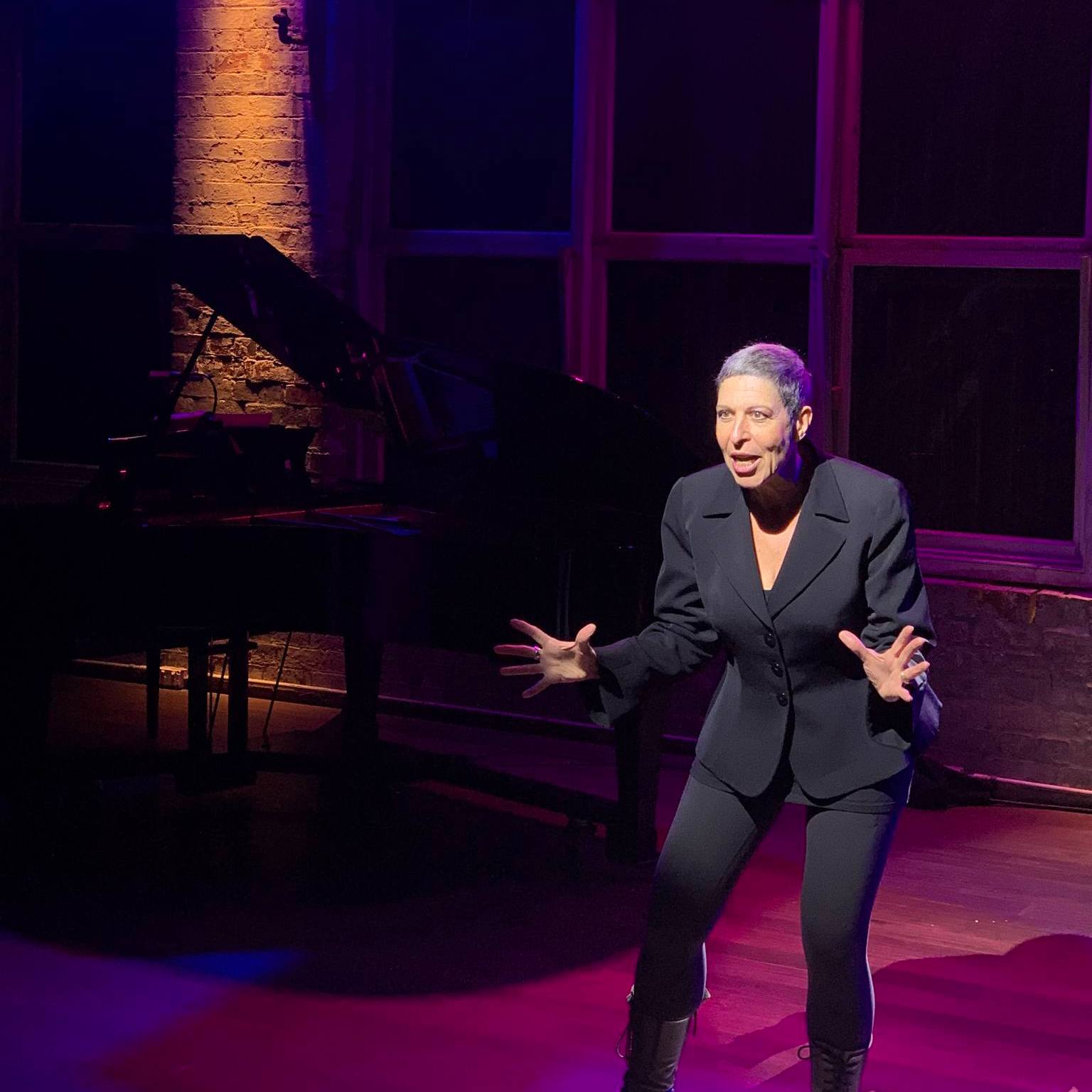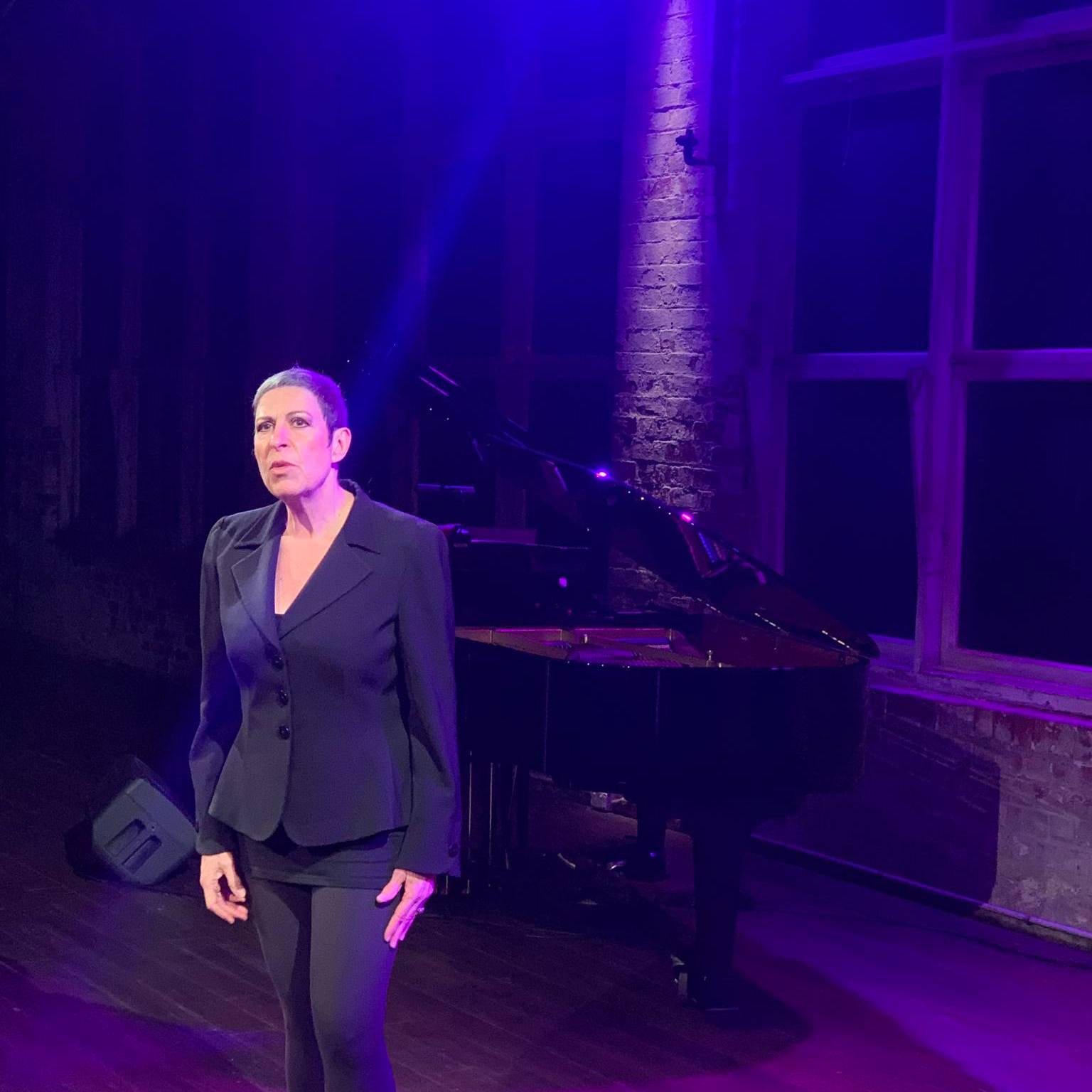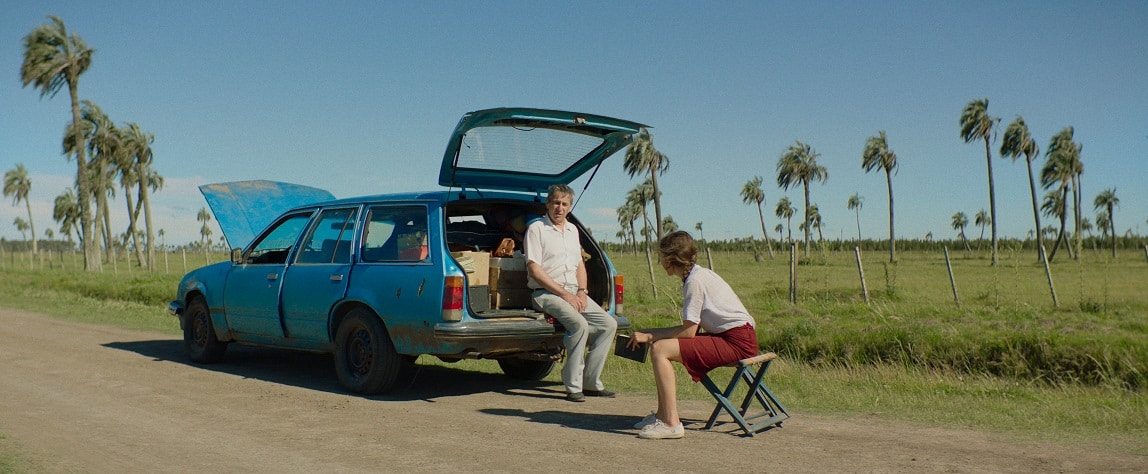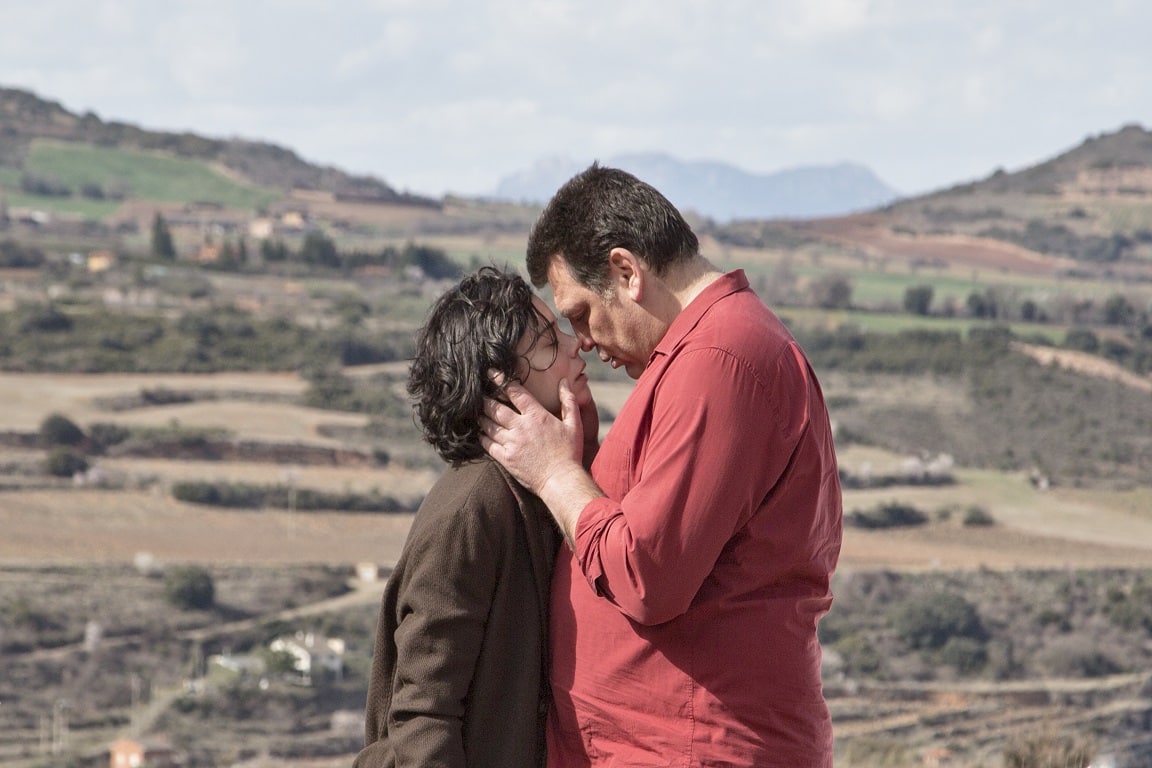‘Shrapnel’, performed by Natalie Gamsu at Fortyfive Downstairs, is a distinctly charming recital depicting Gamsu’s life from being a young Jewish girl living in Namibia to performing in underground cabaret venues in Johannesburg to her life in Australia. Written by Natalie Gamsu and Ash Flanders and directed by Stephen Niccolazoo, the show is tastefully pertinent and yet totally unique.
The show runs a little over two hours without intermission, as Gamsu pulls the audience through a series of personal chronicles, beginning with her experience as a young Jewish girl dreaming to break free from the humdrum reality of her parents and the restrictive culture she was raised in.
In her opening ballad, Gamsu sets the scene – she is a hopeful young woman pursuing the world and all its wonders. The audience warms to Gamsu as she connects with every pair of eyes in the auditorium, one by one, before amusing the audience with tales of her love for exoticism through animated dialogue.
Gamsu bravely dives head first into describing experiences in matters often unspoken and outlawed as taboo. Her performance evocatively retells deeply personal experiences involving struggles with negative body image, her journey navigating a neurological health condition, and serious contemplations of suicide.


She recalls her experience being the daughter of a white Jewish family during South African apartheid, her love and loss of the black servants who raised her, and the diabolical persecution she witnessed within her community. Gamsu brings authenticity to her stories, which are so painstakingly well-written and delivered with a unique wit, allowing her audience to relax into her two-hour-long recital fully.
‘Shrapnel’ is performed in a way that dignifies Gamsu’s deepest secrets and induces the audience into bursts of laughter through a series of self-deprecating anecdotes and colourful descriptions of her favourite influential figures. Among the most memorable of these are her peculiar first casting agent in Cape Town and the eccentric directors of a cabaret club in Johannesburg.
As the recital nears a close, Gamsu describes a fond, long-awaited love from her mother amid her battle with dementia before closing her performance with ‘A Song For You’, affording herself a well-deserved and heart-felt standing ovation.






